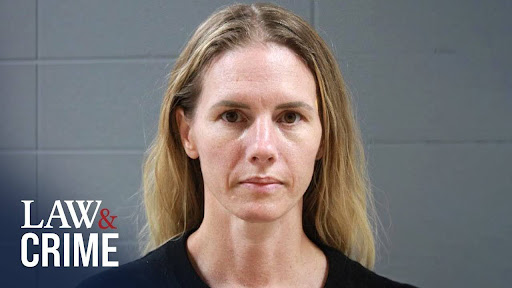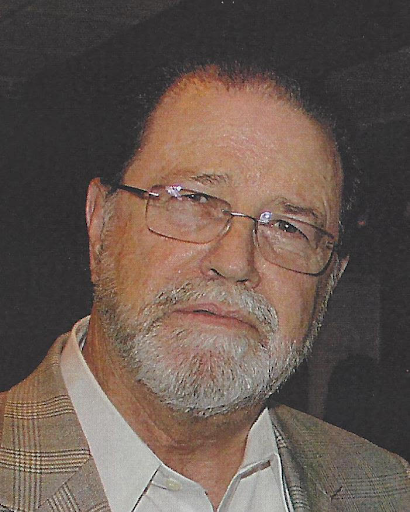It is no secret that the cost of a college education has risen through the roof and become, quite frankly, ridiculous in every aspect. CNBC reported this summer that college tuition has been rising about six-percent above inflation since the 1970’s. Despite constant reporting on the average American family’s inability to afford higher education, the price continues to go up. Unsurprisingly, a Gallup Poll published in April 2015 shows that 79% of Americans believe that higher education is unaffordable.
Students are pushed to go on to receive a degree after high school and I wholeheartedly agree with this sentiment; however, it is difficult to achieve all that is expected given the cost. By “all that is expected” I don’t just mean going to college after high school. I mean attending a school that is considered “good” in the eyes of the public, meaning a high-priced, private university with a stellar reputation. Are you even smart if you’re not attending Harvard? It simply isn’t enough to just attend college after high school nowadays. Students feel pressured to attend prestigious schools where it is expected that they will graduate and become active members of society, as if it’s that easy.
First, there is certainly an issue with the education system in the United States as a whole. With all of the focus being put on science, technology, engineering and mathematics (STEM) programs and pushing students in that direction, the humanities (religion, history, language, etc.) have taken a huge hit. Standardized testing has also deeply affected elementary through high school students as these exams play a huge part in the college application process (looking at you, College Board).
There’s also a huge lack of emphasis on trades, which, contrary to popular belief, are necessary to keeping this country going. Why are students forced into going to school for accounting when they want to work with their hands as a carpenter? Or, maybe they want to become mechanics or plumbers. There should not be a stigma surrounding the trades, as there’s an obvious need for them to keep this country alive and breathing.
Besides the stigmas that surround college attendance, affordability is also a huge problem. Government aid is supposed to alleviate the expense of higher education, but many students still have difficulty affording college with scholarships and aid. In many cases, students have difficulty even receiving some type of aid because they don’t meet the government’s requirements for FAFSA, which, quite frankly, does not take enough into account in terms of a family’s finances. Once FAFSA is filled out and an Estimated Family Contribution is calculated, there is very little that can be done by universities to aid students any further.
Student loan debt has consumed the country, yet loans are still the go-to method of affording college for most students. Student loans are advertised as the greatest thing since sliced bread, yet according to CNN, as of September 2014, student loan debt hit a record breaking $1.2 trillion dollars. If that doesn’t spell a problem for the United States and colleges across the country, as well as students, I’m not sure what does.
Discussions take place constantly surrounding this issue but there is not nearly enough action being taken, as is the case with most issues in America these days.
President Barack Obama has said, “We shouldn’t be making it harder to afford college–we should be a country where everyone has a chance to go and doesn’t rack up $100,000 of debt just because they went.”
Just like the President, many politicians have stood before us discussing the issue, complaining that the cost is out of control, that every student deserves the opportunity to receive an education without graduating with hundreds of thousands of dollars of debt and that we need to take action to combat the growing costs before they spiral out of control.
Among these politicians is Democratic presidential candidate Bernie Sanders, who has introduced a plan to make four-year public education completely free. President Obama himself has also introduced a plan to make two-year community colleges free. Elizabeth Warren has called for more federal funding for higher education. Republican presidential hopeful Marco Rubio has also called for reforms in terms of higher education, which the New York Times described as “dismantling the ‘cartel of existing colleges and universities’ that he said left too many students without viable career paths and burdened by tens of thousands of dollars in debt.”
Politicians can talk as much as they want and us students can keep pushing as hard as we want for some kind of action to be taken, but the future of affordability for higher education remains to be seen. One thing is for certain though; as college students and their families struggle to keep up with sky-high costs year after year, now is the time for reform.


















